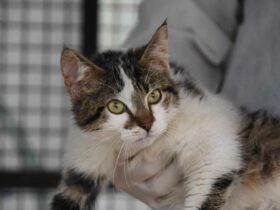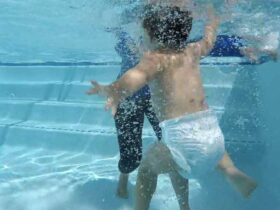United States: Two FDA-cleared lifesaving devices used by end-stage heart failure patients are now in the strictest US Food and Drug Administration recall, according to the agency. The recall is related to 273 known injuries and 14 deaths that were recorded due to these devices.
Concerns and Device Functionality
The Heartmate II and III are product offerings of Thoratec Corp., the parent company of Abbott Laboratories. Currently, it is estimated that about 14,000 devices are subject to a recall, but no step has been taken towards their market withdrawal, as reported by the Associated Press.
“The HeartMate II and 3 are used for both short- and long-term support in adult patients with severe left ventricular heart failure,” the FDA explained in a statement. “It can be used while waiting for a heart transplant, to help the heart recover, or as a permanent solution when a transplant isn’t an option.”
They take over the work of the left ventricle, which mainly involves pumping action. They take the deoxygenated blood from that deficient chamber and move it to the aorta, where the flow goes on to supply the other body parts.
But on odd occasions, a kind of clot may develop from “biological material” residence at a particular device part.

“This buildup can obstruct the device, making it less effective in helping the heart pump blood,” the FDA explained. “It can trigger alarms indicating low blood flow and affect the device’s ability to help the heart properly. The accumulation of biological material typically occurs over two years or more.”
In the worst situations, it can even result in injury and death, said service.
Urgent Measures and Recommendations
On Feb. 19, Thoratec sent all affected customers an Urgent Medical Device Correction Letter asking them to watch out for low flow alarms, which, as the FDA has stated, are the first sign of significant aortic valve obstruction.
In the case of an alarm, a doctor can use either a close follow-up, install a stent to solve a problem, or have the pump replaced.
Research and Medical Concerns
In 2022, researchers posted this study in the Journal of Thoracic and Cardiovascular Surgery. There, they have reported the incidence of blockages found in 3 percent of patients who received the devices and the likely increase in the development of the obstruction with time.
Specialists in cardiology who deal with cases of advanced heart failure are scared about the problem as there are not many options available for them if the HeartMate devices are withdrawn from the market.
Expert Insight
The impossibility of using these machines is astonishing because “we are in danger,” remarked Dr Francis Pagani, a cardiothoracic surgeon at the University of Michigan, to KFF News, as reported by Associated Press.
“It would be devastating to the patients not to have this option. It’s not a perfect option—no pump ever is—but this is as good as it’s ever been,” said Pagani, who also oversees a proprietary database of HeartMate II and HeartMate 3 implants.











Leave a Reply